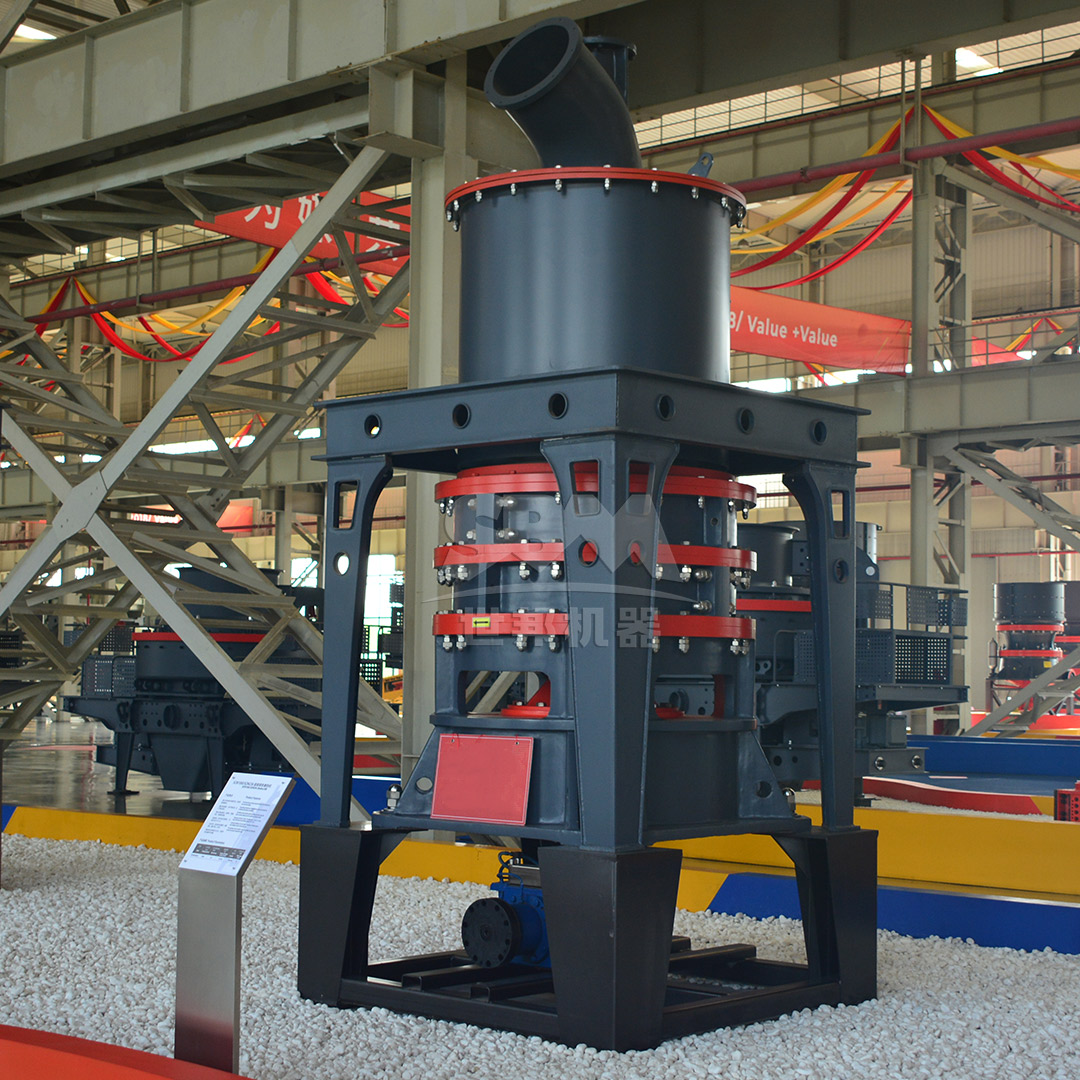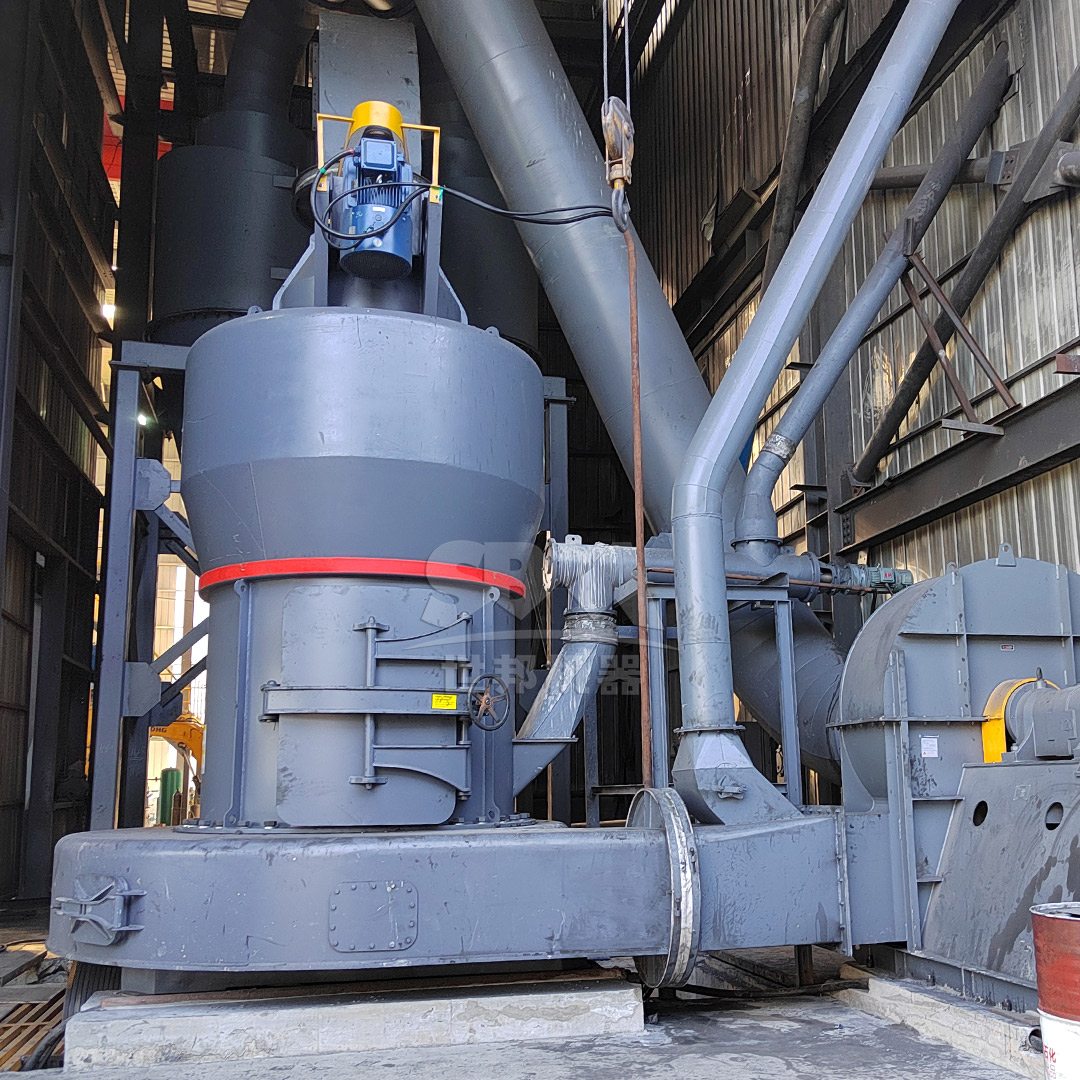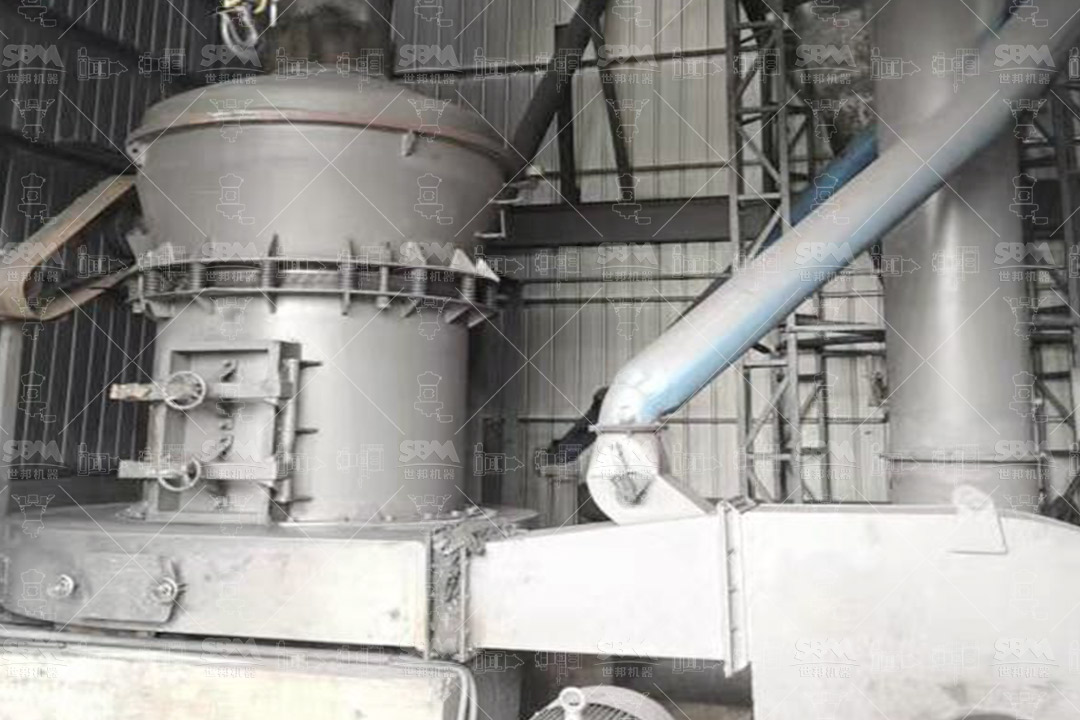Gypsum powder production is a critical process in construction, agriculture, and industrial applications, requiring precise control over particle size distribution, consistency, and efficiency. Traditional methods often struggle with inconsistent feed rates, energy inefficiency, and operational downtime. Automated feeder systems address these challenges by integrating smart technology with advanced grinding machinery, ensuring optimal performance and product quality. This article explores the role of automation in gypsum processing and highlights key equipment solutions for modern production lines.
Gypsum, a soft sulfate mineral, must be ground to specific fineness levels (typically ranging from 45μm to 5μm) to meet industry standards. Manual feeding systems often lead to:
Automated feeder systems mitigate these issues by providing continuous, calibrated material input, which enhances the performance of downstream grinding equipment.
Automated feeders use sensors and PLC controls to maintain optimal feed rates, reducing human error and maximizing throughput. This synergy is particularly effective when paired with high-performance grinding mills, such as our SCM Ultrafine Mill, which excels in producing fine gypsum powders with minimal energy waste.
To achieve superior gypsum powder quality, selecting the right grinding equipment is paramount. Our SCM Ultrafine Mill is engineered for high-efficiency operations, offering:

For larger-scale production requiring coarser outputs, the MTW Series Trapezium Mill is another excellent choice. It handles input sizes up to 50mm and delivers fineness between 30–325 mesh, with capacities reaching 45 tons/hour. Its curved air duct design minimizes energy loss, while wear-resistant components reduce maintenance costs.
| Feature | SCM Ultrafine Mill | MTW Trapezium Mill |
|---|---|---|
| Max. Input Size | ≤20mm | ≤50mm |
| Output Fineness | 325–2500 mesh | 30–325 mesh |
| Capacity Range | 0.5–25 TPH | 3–45 TPH |
| Energy Saving | Up to 30% | High efficiency |
Automated feeders synchronize with grinding mills to ensure a steady material flow, preventing overloads or underfeeding. Key advantages include:

When combined with our SCM Ultrafine Mill, automated feeders enhance its intelligent control system, which auto-adjusts grinding parameters based on real-time product fineness feedback. This integration is pivotal for gypsum lines targeting high-precision applications like medical or dental plasters.
A gypsum processing plant in Asia upgraded to our SCM1000 model (capacity: 1.0–8.5 TPH) paired with an automated feeder. Results included:

Automated feeder systems are transformative for gypsum powder production, driving efficiency, consistency, and sustainability. By integrating these systems with advanced mills like the SCM Ultrafine Mill or MTW Trapezium Mill, producers can achieve remarkable operational benefits. We recommend evaluating your production needs to select the ideal equipment—contact our team for tailored solutions that elevate your gypsum processing capabilities.